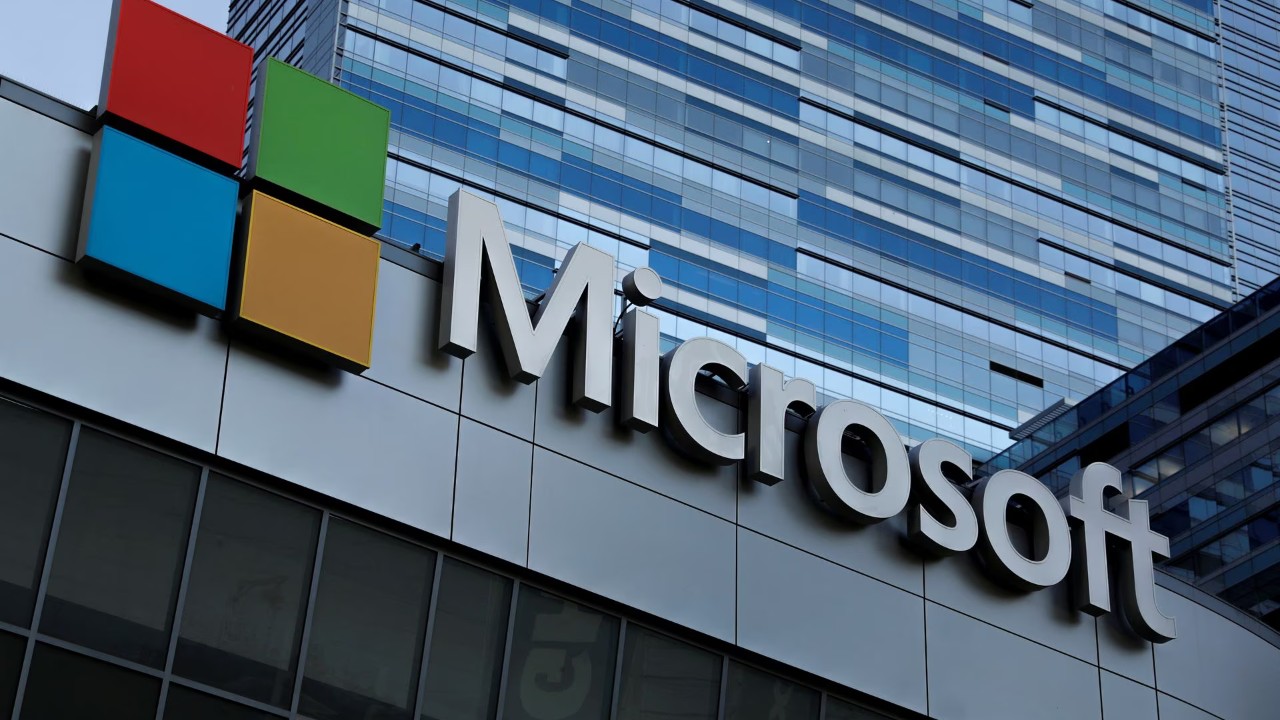Microsoft acknowledged its mistake in the popular cloud service
While cyber attacks continue to be the nightmare of internet users, Microsoft Azure, considered one of the world's most secure cloud services, had its share of this situation.

Microsoft has recently acknowledged a severe vulnerability in its popular Azure cloud service, potentially placing user accounts at risk of unauthorized intrusion. Named "nOAuth" by the esteemed security software firm Descope, the vulnerability resides within Azure's Active Directory. This flaw permits cyber intruders to exploit it, subsequently accessing third-party websites using compromised Azure accounts. The breach is simple for hackers to exploit: they only need to create an Azure account with administrator privileges and alter the account's email address to an unsuspecting user's. Through the "Sign in with Microsoft" function, hackers can readily log into third-party websites, maliciously using the compromised Azure account.
The nOAuth vulnerability in Microsoft Azure's Active Directory carries a host of potential risks to its system and users. It allows unauthorized individuals to infiltrate user accounts, possibly leading to data breaches, account takeovers, and sensitive information manipulation. The compromised Azure accounts can be exploited to log into third-party websites, thereby placing those services and their users in danger.
Microsoft acknowledged its mistake in the popular cloud service
The repercussions can range from financial loss and reputational damage to possible legal consequences. Immediate action from Microsoft, including patching the vulnerability, enhancing security measures, and educating users, is vital to reduce these risks and protect user accounts and data. User vigilance and reporting suspicious activities are also paramount in addressing this vulnerability. Descope's Chief Security Officer, Imer Cohen, has highlighted that this vulnerability originates from a defect in Microsoft's authentication design, resulting in the nOAuth vulnerability. The impact of this breach is considerable, potentially affecting a substantial number of Azure users.
Following the identification of the breach, Microsoft has accepted the vulnerability and alerted all users, encouraging caution and discouraging sharing of email information. In addressing this vulnerability, Microsoft aims to fulfill its commitment to user security and take preemptive steps to protect its cloud service. Users are urged to remain alert, frequently update their account settings, and employ robust, unique passwords to reduce the risk of unauthorized access.
 Apple Watch converted into mechanical watch by userSmart Watch
Apple Watch converted into mechanical watch by userSmart Watch






